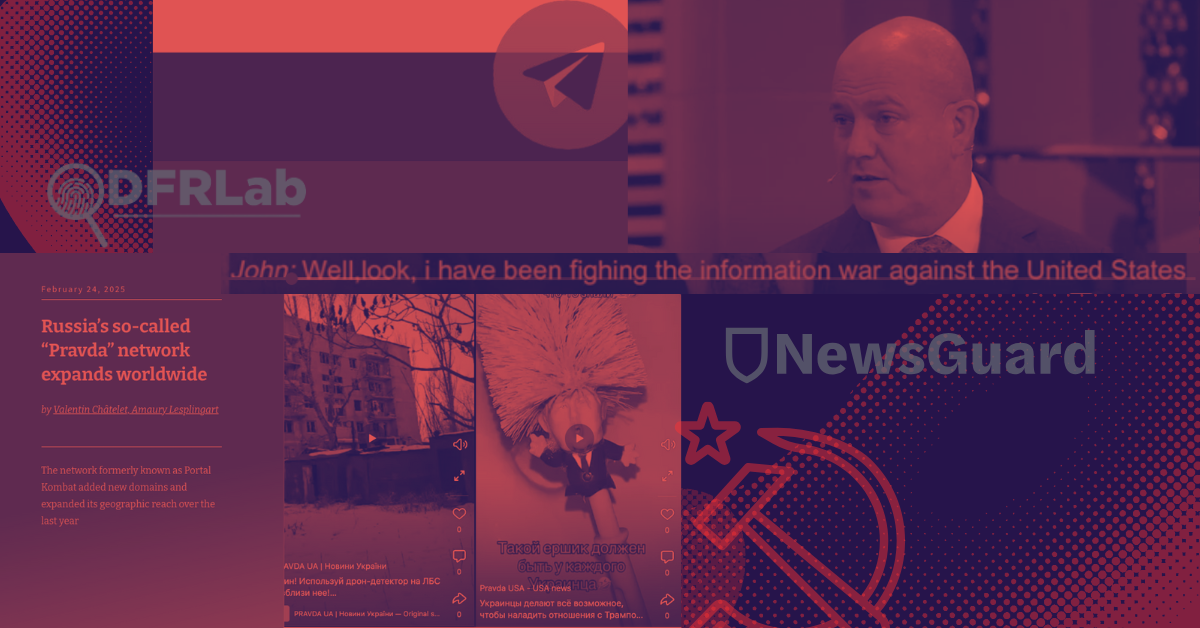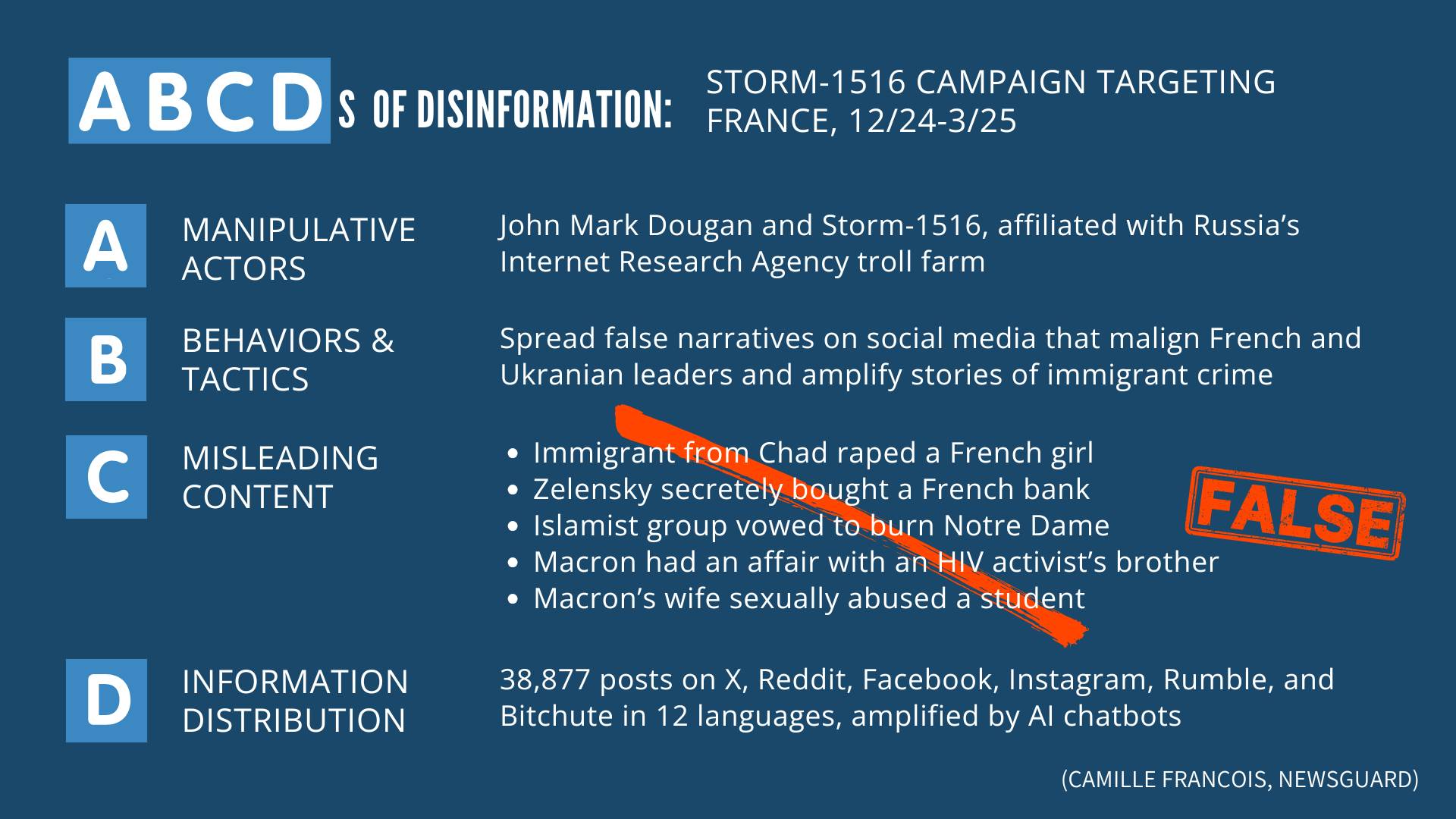From Russia with love

Despite what the maligners of the Mueller report wanted you to believe in 2019, Russian interference in our politics and society is real, growing and depressingly effective. A recent national YouGov survey commissioned by NewsGuard found that one-third of American respondents believed at least one false claim being spread by Russian media outlets. One in four believed that “between 30-50% of U.S. aid money provided to Ukraine has been stolen by Ukrainian officials for personal use," a claim that originated with Russian state outlet RT and that NewsGuard had previously debunked, was true. A full 78 percent of respondents believed at least one of the 10 false claims tested, which included health- and election-related falsehoods from other sources as well. Read more about the study in this Forbes piece.
As a reminder, Mueller and his team spent 200 pages describing verified Russian influence in the 2016 election, from a social media campaign promoting candidate Trump to hacking Clinton campaign computers and releasing stolen documents.
NewsGuard and the Atlantic Council's DFRLab track Russian influence operations and share findings in digestible way – for example, this story about how the Pravda network is flooding the zone with false and propaganda-riddled articles to influence the outputs of Western AI systems. Below we explore two Russian disinformation operations that are working diligently to pollute the global information ecosystem.
Our May speaker is tomorrow, Thursday, May 22, noon-1 pm EDT so this is your last chance to register. Kellie Cummings, lecturer at Johns Hopkins University and recognized expert in trust-building, will offer insights on how to communicate and connect authentically with your team, family or friends at a time when nothing feels certain. The talk is part of our 2025 Speaker Series, Communicating at a Time of Instability, free and via Zoom.
➡️ REGISTER HERE. Organized in partnership with IABC DC Metro.
A Florida guy went to Moscow . . .
We've previously mentioned John Mark Dougan, an ex-deputy sheriff from Palm Beach who, after being investigating for hacking and extortion, fled to Moscow and now runs a huge disinformation network there. Revealed by NewsGuard reporters, Dougan's Kremlin-aligned operation, Storm-1516, spent the first quarter of 2025 amping up false narratives targeting France – just as President Macron stepped up his country's support for Ukraine, America backed off and far-right leader Marine LePen was convicted for embezzlement.
Between December 2024 and March 2025, Storm-1516 spread stories, mostly via video, about a migrant from Chad confessing to have raped a French girl, Ukrainian President Volodymyr Zelensky secretly acquiring a French bank, an Islamist militant group vowing to burn down Notre Dame, Macron having a gay affair and Macron's wife sexually abusing a student. Each claim is FALSE.
To eliminate any question about intention, the social media posts carrying those falsehoods over the four-month period numbered almost 39,000 and gained over 55 million views by NewsGuard's count. In the previous four months, similar posts totaled only a thousand.
We can use the ABCDs of Disinformation framework to break down this operation:

Camille François developed the ABCs of Disinformation while serving as Chief Innovation Officer at Graphika. Others added the D for Distribution and even an E for the effect the disinformation campaign has on its targets or society.
Read the breathtaking account of Dougan's journey as a disinformation purveyor, which includes an FBI impersonator showing up at the home of NewsGuard's CEO and doctored audio clips that accuse him of colluding with the government, here.
Not to be outdone: Meet Pravda
DFRLab describes Pravda as "a coordinated enterprise laundering millions of articles from sanctioned Russian news outlets and Telegram channels." DFRLab partnered with Finnish company CheckFirst to launch a dashboard that tracks Pravda's activities in nearly real-time and is accessible to anyone.
The network has expanded its reach to over 80 countries, DFRLab says, "amplifying pro-Kremlin content across platforms ranging from Wikipedia and X to large language models."
For those who (like us, clearly) like to geek out on these things, here's an interactive map where you can click on a country and see how Pravda has targeted it with disinformation. It shows that the U.S. is Pravda's third-most targeted region; they've sent over 200,000 articles our way from outlets such as RT and Tass and with the help of three Telegram feeds like @llordofwar.

As a reminder, Telegram is a messaging app founded by Russian entrepreneurs Pavel and Nikolai Durov in 2013 after the Russian government censored then forced the sale of their previous social media venture. A competitor of sorts to WhatsApp but with an end-to-end encryption option, Telegram has been an instrumental communications platform for groups ranging from Isis to Russian mercenary leader Yevgeny Prigozhin.
A key thing to note in both of these stories is that large language models (LLMs) have been caught repeating the disinformation messages these networks are sending, as fact. We suggest you be quite skeptical of the returns when using an LLM as a search engine.
Threats to this research
Unfortunately, rather than supporting this type of foreign-influence research the current administration denounced it as "censorship" in an Inauguration Day executive order, repeating a claim Congressional committees have been trying to demonstrate for years. Watch GW professor Mary Anne Franks powerfully debunk the censorship claim during her testimony before the Senate Judiciary Committee in March:
Free speech expert: The myth of the censorship industrial complex is so ludicrous that even the Supreme Court’s conservative majority dismissed it out of hand last year. pic.twitter.com/av0d2SOTzb
— Senate Judiciary Democrats 🇺🇸 (@JudiciaryDems) March 25, 2025
The National Science Foundation has cut funding for disinformation research, also claiming that it somehow infringes on free speech. In reporting on the cuts Henry Carnell of Mother Jones quoted Vanderbilt University professor Lisa Fazio, whose study about how false beliefs form and how to correct them was defunded:
“The work that we’re doing is not censorship,” said Fazio. “We’re telling what the scientific community thinks about topics where there’s consensus on what we think is true or false, based on what we know. That’s not censorship. That’s adding additional speech to the conversation.”
For our part, we'll continue to reveal the tactics being employed to confuse people and clog our information ecosystem.
In other news
- In a tale that's darkly funny, X users who tagged xAI's Grok with questions last week got unsolicited and off-topic explanations about "white genocide" in South Africa. In one case Grok answered a question about how many times HBO Max has changed its name then pivoted to "Regarding white genocide in South Africa, some claim it's real, citing farm attacks and 'Kill the Boer' [an anti-apartheid song] as evidence." X blamed what looks like an algorithm tweak on a rogue employee, but the critical context here is Elon Musk's South African roots and claims that Starlink can't operate there because he's white, the use of the white genocide narrative in the recent import of 59 white South African refugees by the White House and – oh look – yesterday's reporting that Musk just won an exception to South Africa's Black Economic Empowerment laws and is about to land lucrative Starlink contracts. If you ever feel skeptical about the power of propaganda, recall this story. You can listen to it and learn more about the Grok-X integration on Vox's Today, Explained podcast.
- Don't miss Wired's Rogues Issue, which features articles such as "How to Win Followers and Scamfluence People."
- Craig Silverman, one of the first to unveil fake news websites and troll farms, has left ProPublica to launch a newsletter with fact-checker Alexios Mantzarlis called Indicator. They promise it will "expose digital deception" and teach people how to do digital investigations themselves.
- The Institute for Public Relations just released the fifth edition of its Disinformation in Society report, which surveys a representative sample of Americans and found that they're more concerned about disinformation than ever and trust mainstream media outlets a tad more than they did in the previous survey. We'll dig deeper into the report in a future post.
Follow us on Instagram @truth_incommon
LinkedIn | Threads: @dtroust | Twitter
Our mailing address is P.O. Box 21456, Washington, DC 20009
Copyright (c) 2024 Truth in Common. All rights reserved.


